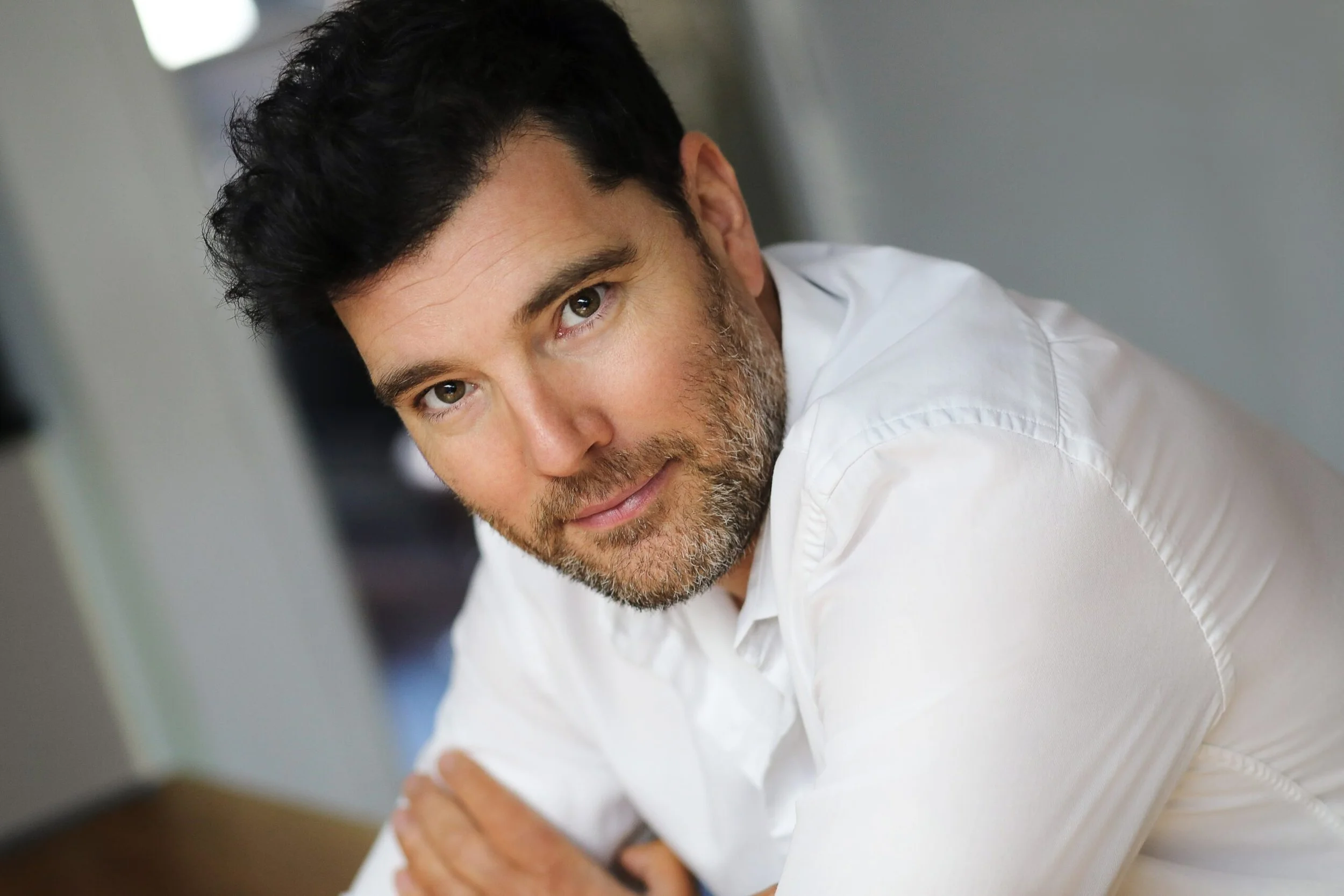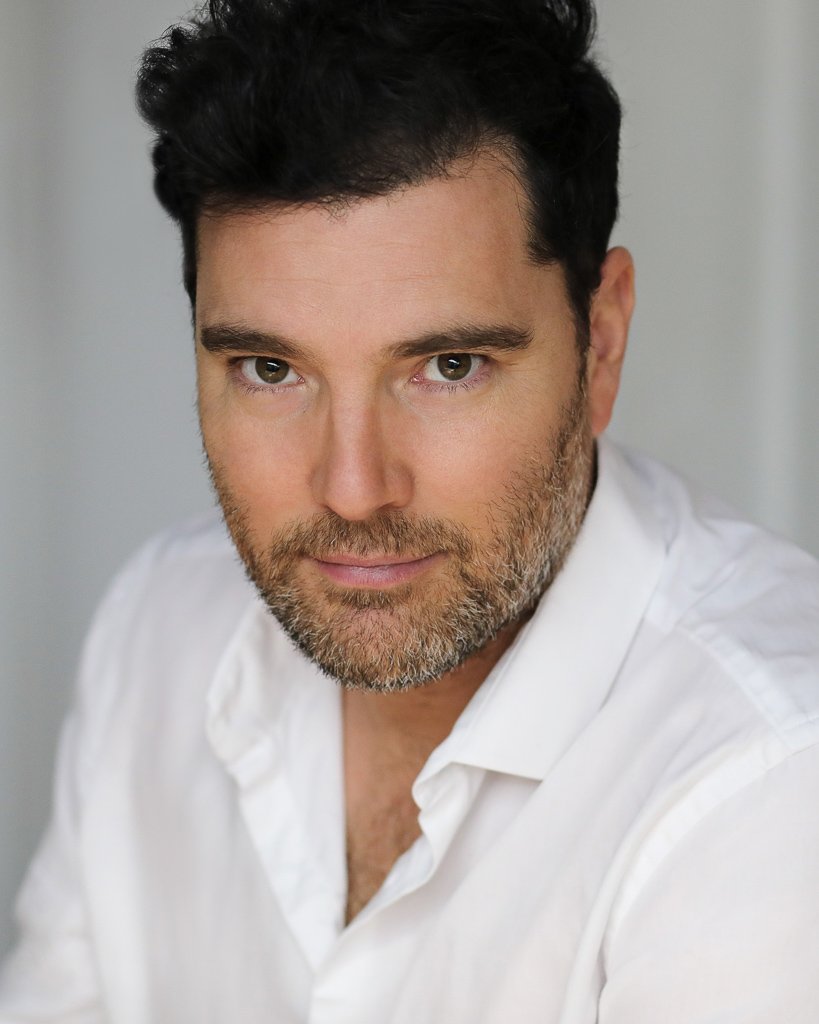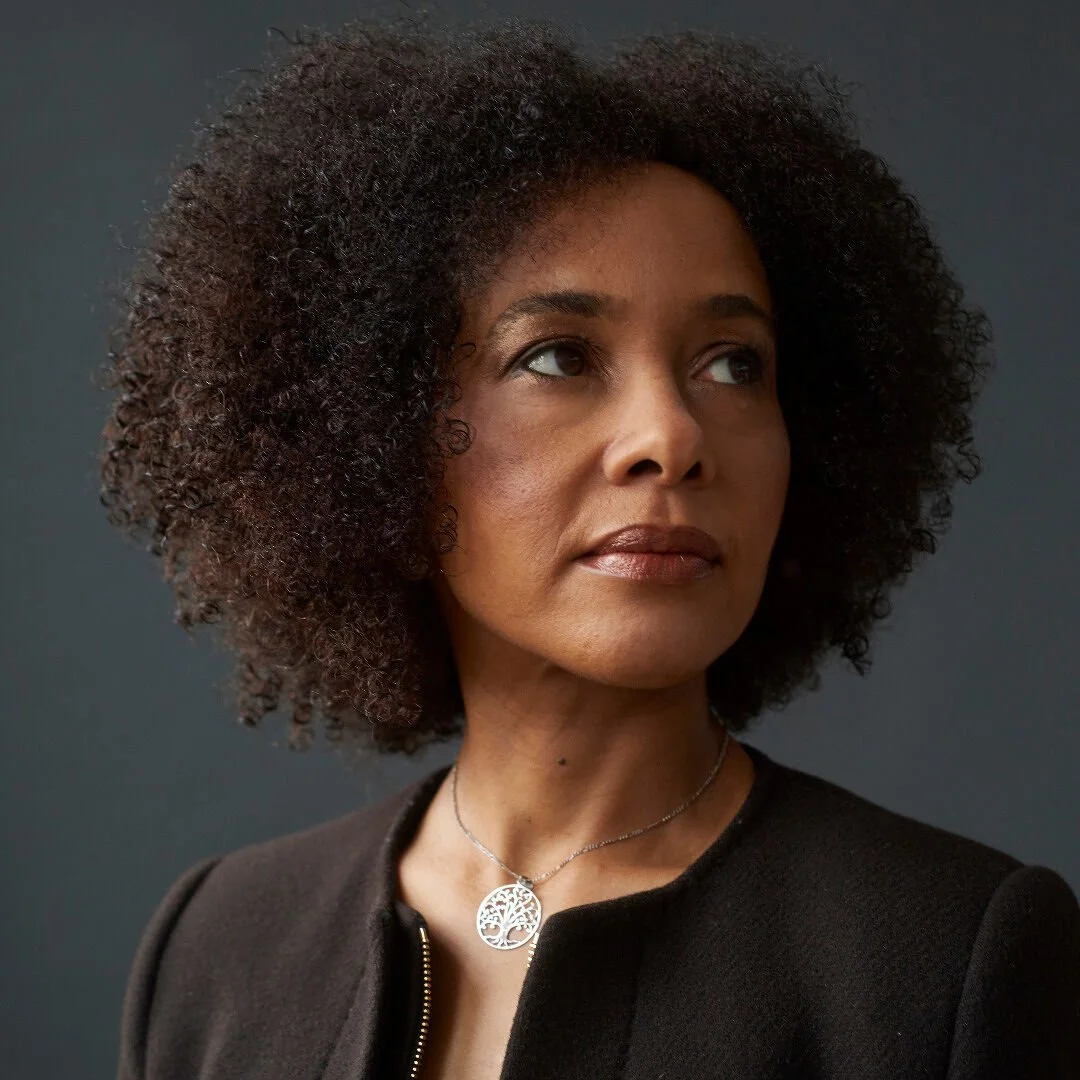Pravda by Edward Docx
The challenge for the main protagonists in Pravda, Edward Docx's engrossing novel is how to live authentically in a generation of faithlessness exaggerated by unprecedented vulgarity and greed. At the same time, Docx characterizes the human condition as remaining essentially unchanged. The novel features a brother and sister – 32-year-old twins, and unfolds in London, Paris, St. Petersburg and New York. It opens post-9/11, but its focus is post-Berlin Wall. Altogether, the novel mocks Western notions of political, economic, and artistic progress.
The passages set in Russia give the work its drama and resonance, echoing as they do the philosophical concerns of 19th-century Russian writers like Dostoyevsky in their exploration of social reform and the moral consequences of the loss of faith. Yet, this sober tone is undercut by Dickensian characters and situations, producing an original work that is both hilarious and profound.
Our hero, Gabriel Glover, has dreams of becoming a stage director. Somewhere along the line, however, he settles for a position editing a London-based magazine. Self-Help dispenses neatly packaged advice to its needy audience. Gabriel's blundering staff includes "an openly cannabis-smoking copy editor" and a "prima donna" picture editor who wants to feature Charles and Diana on the cover of an upcoming issue on toxic parents. Work represents only part of Gabriel's dissatisfaction: His romantic life is falling apart. Still in love with his partner, Lina, he has nevertheless been carrying on an affair with another woman. Gabriel is genuinely dismayed by his ability to lie and cheat.
His twin sister, Isabella, is not faring much better in New York, where she has landed after a series of career changes. She works for a company called Media Therapy and is stuck in a boring relationship with a mediocre screenwriter. Their quarrels have become predictable, as in this scene where Isabella attempts to tiptoe past her partner the morning after a fight. "She knew that he was awake, pretending to be asleep. And after four years together, he knew that she knew. And she knew that he knew that she knew and so on and so on and so on and so why the bloody sham?"
Berlin Wall (photo by Claudio Schwarz)
The sudden death of Gabriel and Isabella’s mother at her home in St. Petersburg leaves them reeling. Born in Russia, Maria worked for the Communist Party before defecting to Britain to marry their father. She raised Gabriel and Isabella to be politically astute and, above all, true to themselves. Her death awakens their curiosity about her past, and about her miserable marriage to their licentious father, Nicholas, an emotionally abusive parent who openly cheated on Maria. Some strange bond had kept them together. Another family mystery involves the twins' grandfather, rumoured to have been a spy during the Cold War.
This is a family that rants about truth and authenticity yet is entangled in a history - practically a tradition - of secrets and lies. We soon learn that Gabriel and Isabella are not Maria's only children; she gave birth to a son in Russia before she was married and turned him over to the state. His name is Arkady, and for reasons that have nothing to do with love, Maria's death shatters his life.
In appearance, Arkady resembles a cross between Dickens's malevolent Bill Sykes and the oily Uriah Heep, with a dash of Kafka and Pig Pen thrown in. But he is also a gifted pianist whose treasured place at the conservatory is jeopardized when Communism falls.
Arkady is just one example of Docx's extravagant powers of description. He goes beyond mere physical portraiture to delineate aspects of personality, enabling us to grasp his characters' sordid predicaments and motivations. The modern tendency in fiction has been to subtract descriptive detail, deemed inessential to plot and burdensome for the reader. But Docx seems to consider such economies a dereliction of duty. He applies words thickly in the most fearless manner. The overall impact is material, yet miraculously light. Here is his portrait of Henry, a heroin addict in love with Arkady and committed to rescuing his musical career:
"Undeniably, and though only forty-two years into his allotted, Henry looked ill: his wheat-stalk hair was fleeing his forehead, twin valleys razed behind; and he was extremely thin, which made him appear taller than his average height and created the general impression of too many bony angles, of awkwardness, of sleeves too short, fingers too long, shirt too wide, shoulders too narrow, of elbows, knees, wrists and nail. But in actuality, Henry was feeling fine - as fine, indeed, as only an able and happily functioning addict can feel."
St. Petersburg (photo by Mary Ray)
And here is the view from Henry and Arkady's St. Petersburg apartment: "Disrepair and dilapidation on all sides, and yet none of it detained the eye for more than a moment - because spread across the wide horizon beyond was the sea, light-spangled and sapphire-glorious in the still commanding sun. And now - just now - the beauty was truly extraordinary: the sea, angle-lit from the south and here-and-there sparkling, was nonetheless shading darker and darker, slate to a bluish black, as that resolute line of bruised purple clouds low-scudded in from the west."
Such beautiful, forceful writing supplies sturdy scaffolding for the characters' philosophical reflections: Maria's political and artistic manifestos, Gabriel's nihilistic musings and Nicholas's convictions that sex is the only honest form of human commerce.
To sum up, Pravda engages the whole of the reader, appeals to our intellect, saturates our senses. Docx's characters shake us up, make us yearn for certain outcomes, implicate us, weave us into the fabric of their world. When this book is finished, and the covers are closed, we are the ones who feel shut out.
A previous version of this piece appeared in The Globe and Mail.







